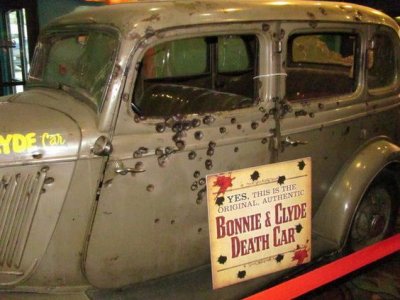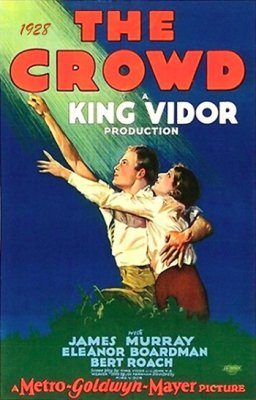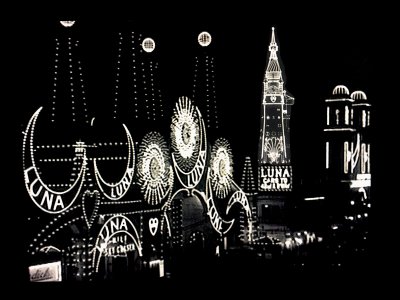LizzieMaine
Bartender
- Messages
- 34,133
- Location
- Where The Tourists Meet The Sea
"Professor Marston and the Wonder Women," a sort of three-cornered soap opera focusing on the rather colorful private lives of Dr. William Moulton Marston -- creator of Wonder Woman -- his wife, and their mutual mistress. Not bad as this type of "some events were compressed or fictionalized for the sake of the drama" picture goes, but the attention to period detail left a lot to be desired, especially in the hairstyles and costuming of the women in the scenes laid in 1928.
Some of the manipulation of chronology was troublesome as well -- there were no organized comic-book burnings in the US until 1948, the year after Marston's death, and these were provoked more by true-crime comics than by any sort of superhero stuff.
The portrayal of Josette Frank, who is shown as Marston's inquisitor, is a bit distorted for story purposes as well. Frank in fact was on the National Comics payroll thruout the 1940s and into the early 1950s as a member of the DC "Editorial Advisory Board," and was in fact a strong supporter of comics and of the idea of Wonder Woman herself. It was Marston himself, personally, that she couldn't stand. And M. C. Gaines would not have appreciated his own portrayal, either -- he was not the rumpled, vulgar fellow he's shown as, but instead always tried to present himself as an extremely high-minded sort of gutter publisher. Marston managed to get away with as much as he did because Gaines was so impressed and dazzled to have a man of such impressive scientific credentials writing for his funnybooks.
Still, a picture with many entertaining moments, especially for those who might not be familiar with Wonder Woman's true backstory. The smarmy Frenchman who runs the "kinky merchandise" store in Greenwich Village is particularly hilarious.
Some of the manipulation of chronology was troublesome as well -- there were no organized comic-book burnings in the US until 1948, the year after Marston's death, and these were provoked more by true-crime comics than by any sort of superhero stuff.
The portrayal of Josette Frank, who is shown as Marston's inquisitor, is a bit distorted for story purposes as well. Frank in fact was on the National Comics payroll thruout the 1940s and into the early 1950s as a member of the DC "Editorial Advisory Board," and was in fact a strong supporter of comics and of the idea of Wonder Woman herself. It was Marston himself, personally, that she couldn't stand. And M. C. Gaines would not have appreciated his own portrayal, either -- he was not the rumpled, vulgar fellow he's shown as, but instead always tried to present himself as an extremely high-minded sort of gutter publisher. Marston managed to get away with as much as he did because Gaines was so impressed and dazzled to have a man of such impressive scientific credentials writing for his funnybooks.
Still, a picture with many entertaining moments, especially for those who might not be familiar with Wonder Woman's true backstory. The smarmy Frenchman who runs the "kinky merchandise" store in Greenwich Village is particularly hilarious.





